Hearing
Recent articles
Neuroscience’s leaders, legacies and rising stars of 2025
Here are seven stories from the past year about some of the field’s most engaging figures.

Neuroscience’s leaders, legacies and rising stars of 2025
Here are seven stories from the past year about some of the field’s most engaging figures.
Remembering A. James Hudspeth, hair cell explorer
Hudspeth, who died 16 August at age 79, devoted his 50-year career to untangling how the ear converts sound into electrical signals.
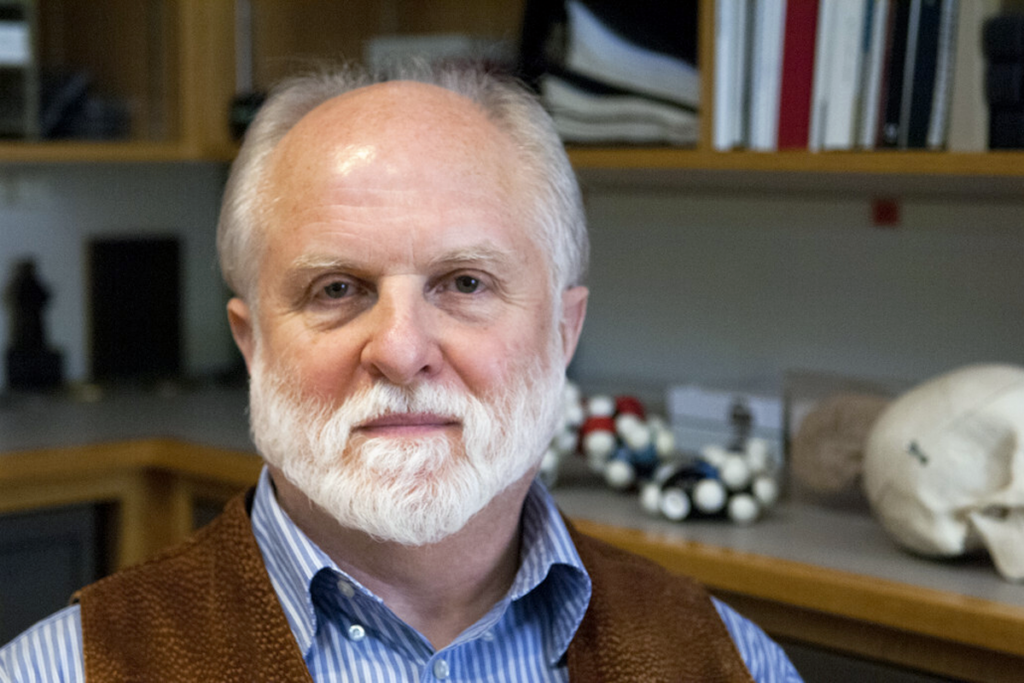
Remembering A. James Hudspeth, hair cell explorer
Hudspeth, who died 16 August at age 79, devoted his 50-year career to untangling how the ear converts sound into electrical signals.
Touch sensors detect subtle environmental vibrations, send information to auditory midbrain
Pacinian corpuscles sense high-frequency vibrations from meters away and send the information to a different circuit than other touch signals, according to a pair of new studies.
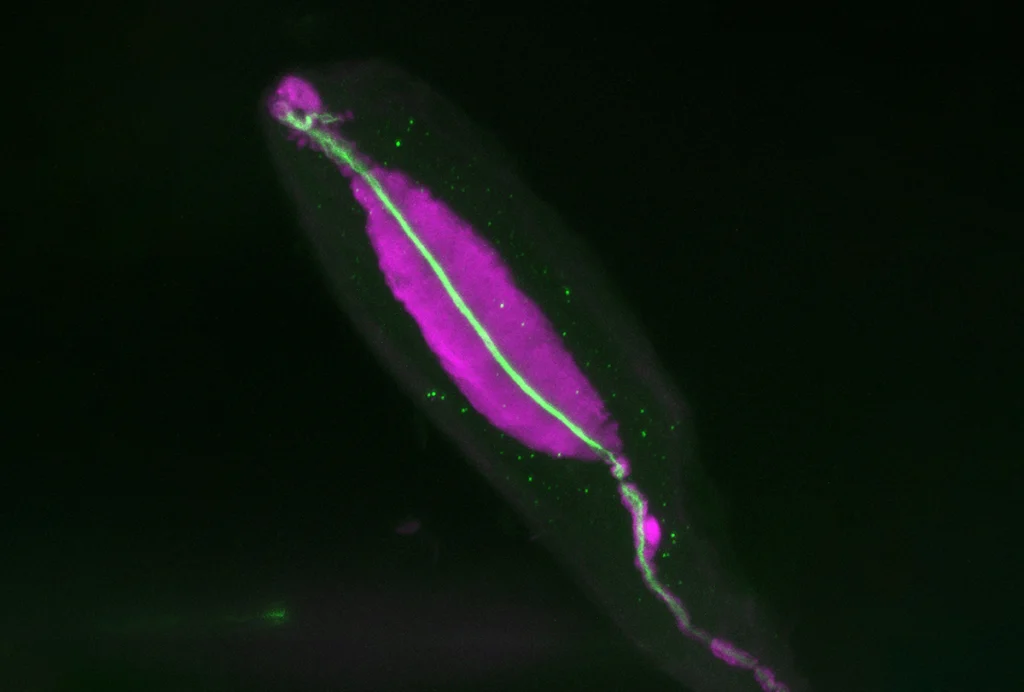
Touch sensors detect subtle environmental vibrations, send information to auditory midbrain
Pacinian corpuscles sense high-frequency vibrations from meters away and send the information to a different circuit than other touch signals, according to a pair of new studies.
New technique details brainstem’s response to sounds
By revealing differences between autistic and non-autistic children, it could help identify autism in babies.
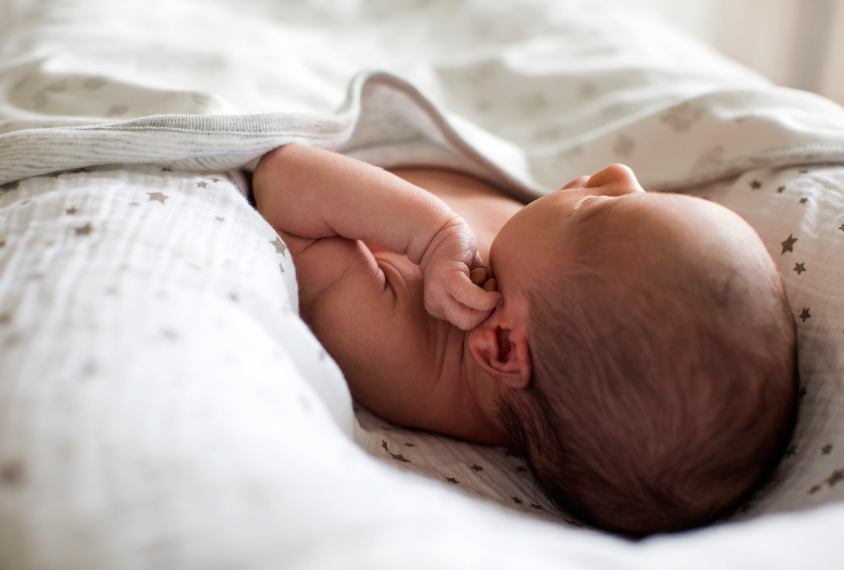
New technique details brainstem’s response to sounds
By revealing differences between autistic and non-autistic children, it could help identify autism in babies.
Mouse studies cast astrocytes as stars of sensory perception
Data from two separate research teams suggest the cells are key to sensory hypersensitivity in fragile X syndrome.
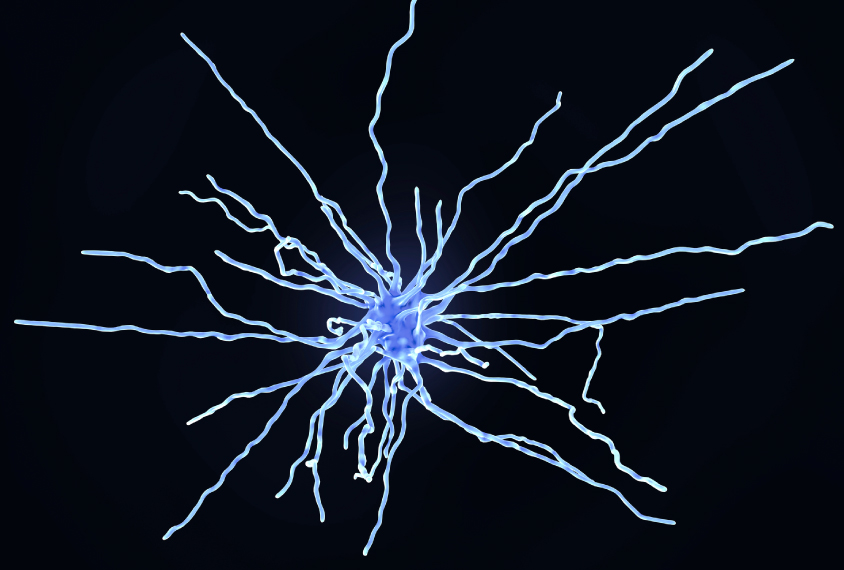
Mouse studies cast astrocytes as stars of sensory perception
Data from two separate research teams suggest the cells are key to sensory hypersensitivity in fragile X syndrome.
Auditory cortex may develop early in autism
A well-studied brain response to sound appears earlier than usual in young children with autism.
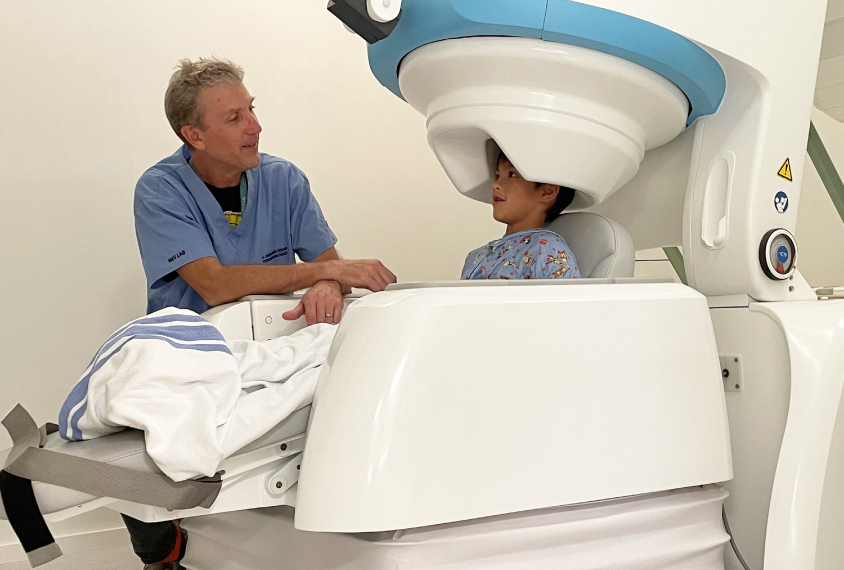
Auditory cortex may develop early in autism
A well-studied brain response to sound appears earlier than usual in young children with autism.
Top autism candidate gene tied to newly identified syndrome
Mutations in the autism-linked gene PAX5 underlie a range of traits, including developmental delay, intellectual disability, seizures and autism.
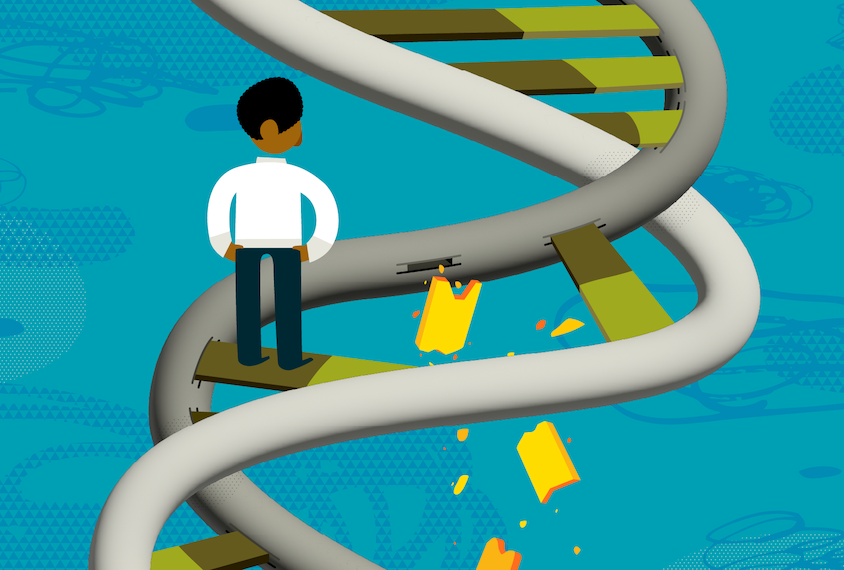
Top autism candidate gene tied to newly identified syndrome
Mutations in the autism-linked gene PAX5 underlie a range of traits, including developmental delay, intellectual disability, seizures and autism.
Loss of autism-linked gene alters synapse development in mice
Mice missing a copy of the gene ASH1L have excess synapses and autism-like behavioral differences, some of which are reversed by boosting an ASH1L-regulated gene.
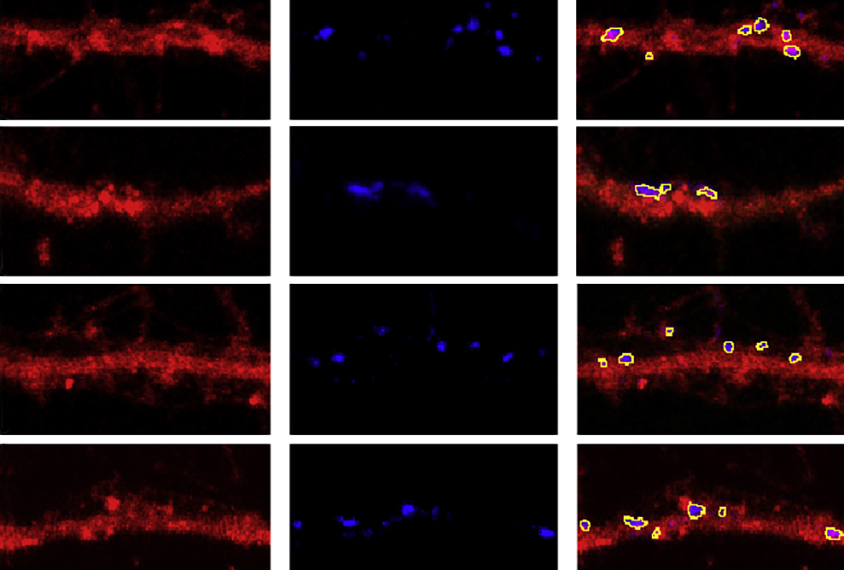
Loss of autism-linked gene alters synapse development in mice
Mice missing a copy of the gene ASH1L have excess synapses and autism-like behavioral differences, some of which are reversed by boosting an ASH1L-regulated gene.
Sensory issues linked to heart-rate differences in autistic youth
Autistic children with sensory issues show more intense physiological reactions to unpleasant sounds and other sensations than their non-autistic peers do, a new study shows.
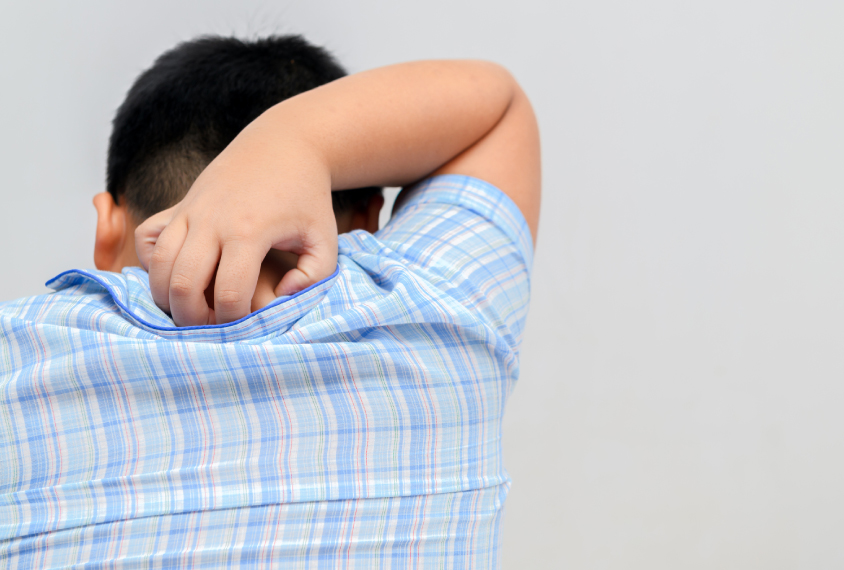
Sensory issues linked to heart-rate differences in autistic youth
Autistic children with sensory issues show more intense physiological reactions to unpleasant sounds and other sensations than their non-autistic peers do, a new study shows.
Malfunctioning neurons mute sound processing in mouse model of Rett syndrome
Female mice missing a copy of the autism-linked gene MECP2 in a specific set of inhibitory neurons have a hard time heeding pups’ calls and herding litters.
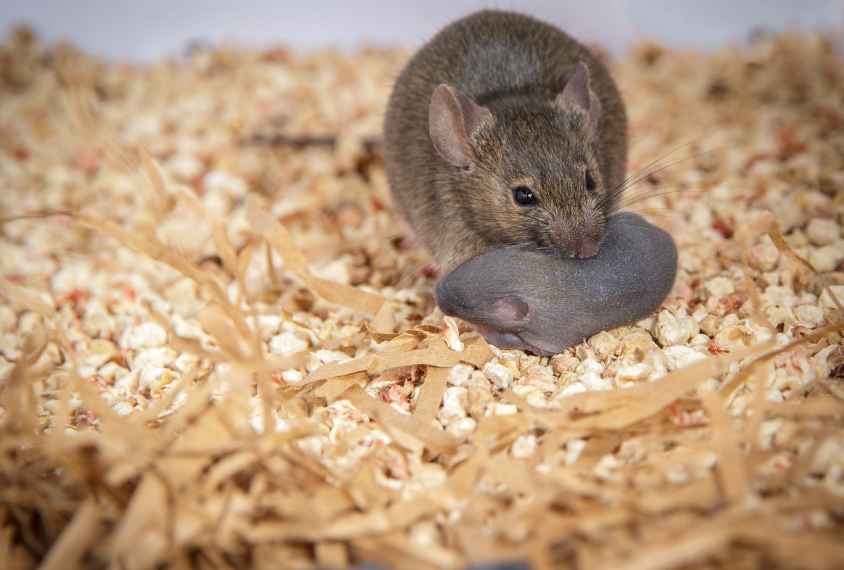
Malfunctioning neurons mute sound processing in mouse model of Rett syndrome
Female mice missing a copy of the autism-linked gene MECP2 in a specific set of inhibitory neurons have a hard time heeding pups’ calls and herding litters.
Explore more from The Transmitter
Two neurobiologists win 2026 Brain Prize for discovering mechanics of touch
Research by Patrik Ernfors and David Ginty has delineated the diverse cell types of the somatosensory system and revealed how they detect and discriminate among different types of tactile information.

Two neurobiologists win 2026 Brain Prize for discovering mechanics of touch
Research by Patrik Ernfors and David Ginty has delineated the diverse cell types of the somatosensory system and revealed how they detect and discriminate among different types of tactile information.
Shifting neural code powers speech comprehension
Dynamic coding helps explain how the brain processes multiple features of speech—from the smallest units of sounds to full sentences—simultaneously.

Shifting neural code powers speech comprehension
Dynamic coding helps explain how the brain processes multiple features of speech—from the smallest units of sounds to full sentences—simultaneously.
Astrocytes orchestrate oxytocin’s social effects in mice
The cells amplify oxytocin—and may be responsible for sex differences in social behavior, two preprints find.

Astrocytes orchestrate oxytocin’s social effects in mice
The cells amplify oxytocin—and may be responsible for sex differences in social behavior, two preprints find.